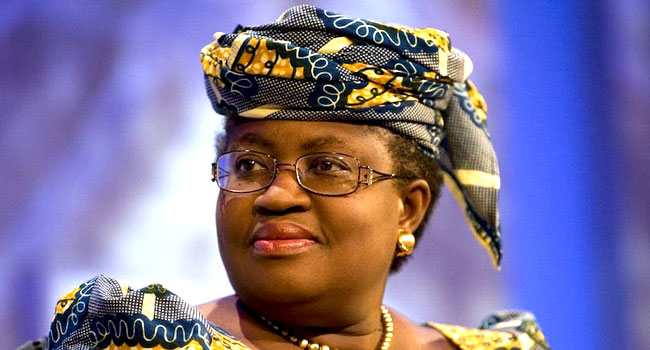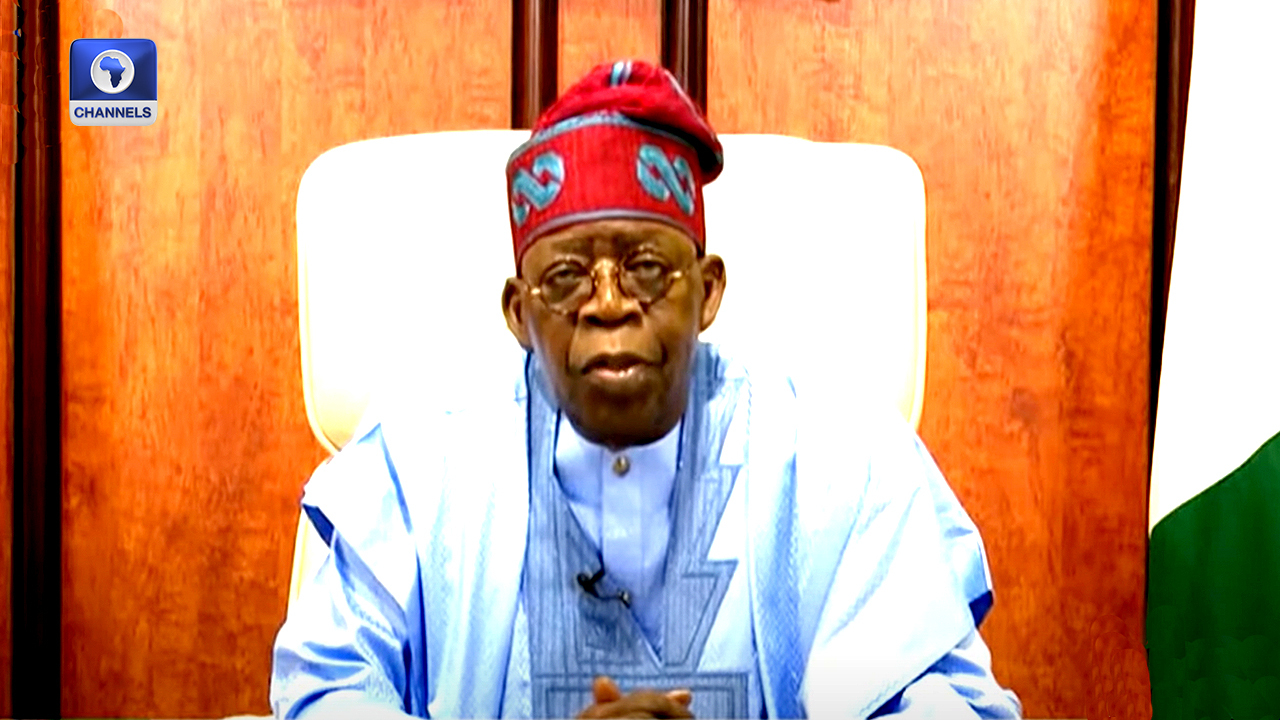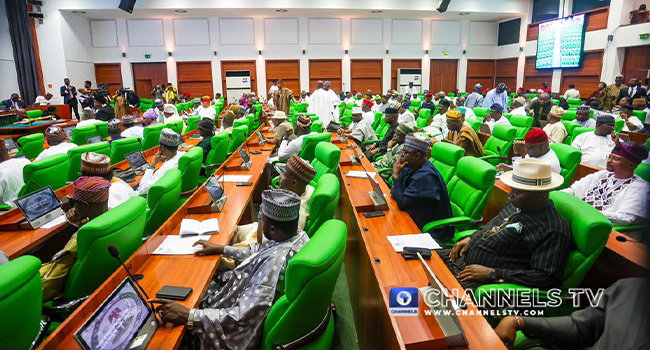Ngozi Okonjo-Iweala, director-general of the World Trade Organisation (WTO), says the current inequity in vaccine distribution by developed countries is “not acceptable”.
World leaders are clamouring for vaccine equality to combat the global pandemic.
In June, Akinwumi Adesina, president of the African Development Bank, had advised African nations to start producing and not beg for COVID-19 vaccines.
Speaking in an interview with CNN via zoom on Wednesday, Okonjo-Iweala addressed inequity in the distribution of vaccines.
She also talked about the role of the WTO to ensure free trading on the manufacturing and availability of vaccines and Pfizer’s announcement to start manufacturing in Africa.
“The current inequity we see is not acceptable by stretch of imagination, I mean the good news is 1.1 billion more doses were produced in June, 45 percent higher than May. The bad news is that of this amount to only 1.4 percent went to Africa, and only 0.24 percent to low-income countries,” she said.
“However, there is a donning on everyone, including rich countries and manufacturers. It is in the interest of rich countries to support poor countries to get good access. We are hoping that this donning will lead to changes.”
Speaking on the role played by the WTO in getting more vaccines to developing countries, the director-general said “everyone” is happy about the responsibility shouldered by Pfizer, by starting to manufacture vaccines in Africa.
Although she slightly faulted the obvious reasons that caused the development to happen late, Okonjo-Iweala said she recognises the “difficulties” facing manufacturers in terms of access to raw materials, supplies, supply chain and quality partners.
“The WTO is really playing a role in trying to make sure we get access to vaccine in trying to make sure we boost production, so members and manufacturers are interested in free trade because any blockage of supply change means we cannot scale up production,” she said.
“Actually in the meeting we had today, there was a universal call for free trade, free movement of goods, and services with respect to vaccine manufacture and the WHO is playing a very strong role in that.
“We are all very happy about the Pfizer announcement which came today, it was during a meeting here in the WTO, where we assemble manufacturers that the announcement came.
“I think if you talk to manufacturers, they will tell you about the difficulties they have in access to raw materials and supplies, difficulties with supply chain and finding partners.
“These are some of the reasons they gave: vaccines are very difficult to manufacturer, and you have to find quality partners. This would have been good had it happen faster and sooner. Some vaccines companies like AstraZeneca, J&J reached out earlier and established manufacturing partnerships in different parts of the developing world.”
According to CNN, Only 13.2 percent of the world is fully vaccinated, and about 44 percent of the people in the EU have been fully vaccinated, while 50 percent in the US have done the same, but only 1.5 percent have received the necessary doses in Africa.







